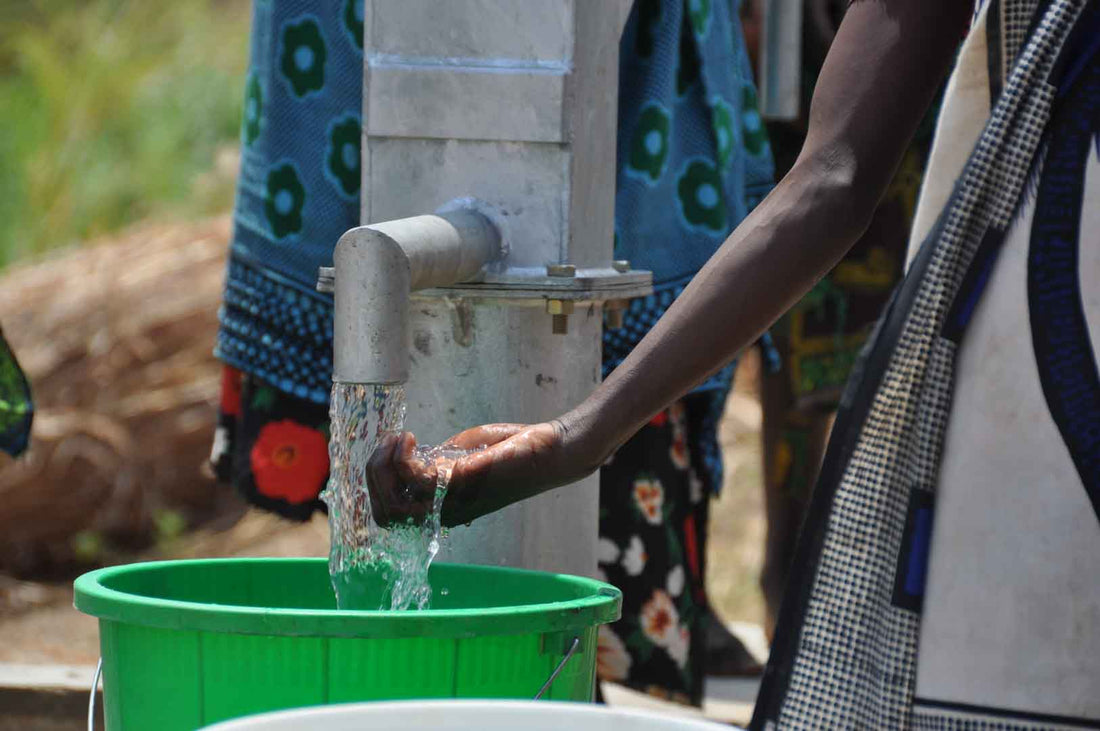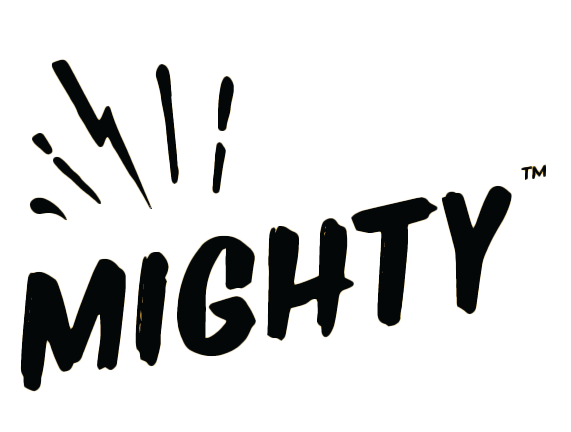
MIGHTY Climate Action Projects - Clean Drinking Water, Kasungu, Malawi
How does technology for clean drinking water help fight global warming?
Contribution to the UN Sustainable Development Goals (SDGs)
![]() No Poverty
No Poverty
Time and financial savings in the procurement of fuel, relief for poor households
![]() Zero Hunger
Zero Hunger
Due to the lower need for firewood, there is more time for field work. In addition, less deforestation means healthy soils and thus higher crop yields.
![]() Good Health & Well-Being
Good Health & Well-Being
Clean water and improved air quality, informing people about health risks
![]() Quality Education
Quality Education
Saved time and income can be invested in education.
![]() Gender Equality
Gender Equality
Women save time fetching and boiling water and live more safely because long distances to remote areas are no longer necessary.
![]() Clean Water and Sanitation
Clean Water and Sanitation
Long-term and free supply of the communities with clean drinking water.
![]() Decent Work & Economic Growth
Decent Work & Economic Growth
Vocational training and new jobs for the creation and maintenance of the wells
![]() Reduced Inequalities
Reduced Inequalities
The better water supply in rural areas reduces inequalities in relation to the city.
![]() Climate Action
Climate Action
The project saves 10,000 tons of CO2 per year.
![]() Life On Land
Life On Land
Less deforestation through less fuelwood consumption, improved soil quality, preservation of biological diversity
![]() Partnerships for the Goals
Partnerships for the Goals
Our long-term support enables projects for sustainable development in the global south.


Project Standard
Gold Standard VER (GS VER)

